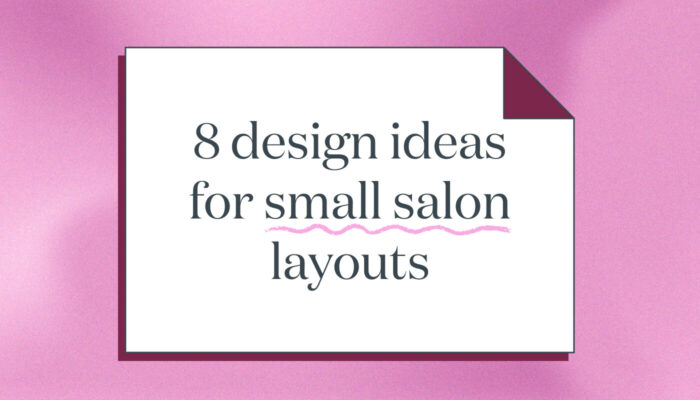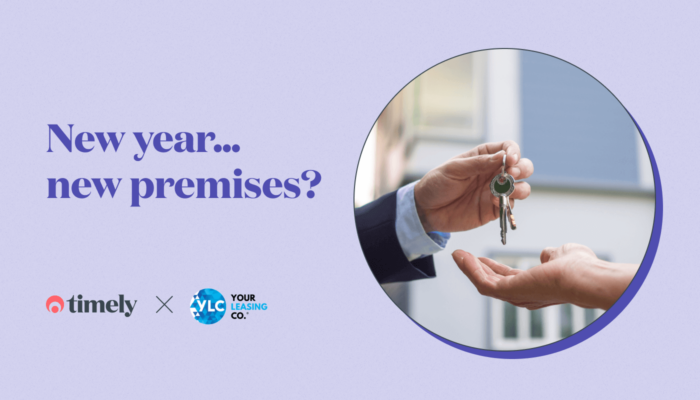Balancing work and life with mindfulness
While it may be at risk of achieving buzzword status, mindfulness can be a hugely helpful tool in improving your work/life balance and is a valuable addition to your self-care plan.

Mindfulness, when practiced correctly, is being active and attentive in the present moment. When you’re being mindful, you’re observing your thoughts and feelings objectively with no judgement. While we’re only scratching the surface of an ancient practice here, even implementing small mindful practices into your day can help you lead a life of balance and self-care, improving both your well-being and your business.
Tune into what your body needs from you
It’s important to pay attention to the nuances and signals your body is giving you. Are you feeling irritable? Maybe your body needs some fresh air and time in nature. Can’t focus on your work? Pop out for a walk and clear your head.
Your body is your best guide, and it will always let you know what it really needs.
Listen to the voice that’s screaming out for some alone time or exercise, and you’ll find your focus and concentration levels will benefit. My little dog is great at this, particularly having a good stretch when it’s needed. When he’s tired, he naps. When he’s thirsty, he drinks. Somewhere in all the whirlwind busyness of our lives, we’ve lost the simple ability to listen to our bodies, but taking care of our bodies is an important part of work/life balance. So let’s tune in, and see what a difference it can make!
Just breathe
It sounds so simple, and it really is. Breathing is the key to mindfulness, and can really help you deal with stressful situations. I’m not talking about the shallow breaths we all take where our shoulders scrunch up with every breath, but the beautiful, nourishing breaths where your belly expands and you feel the oxygen flowing through your brain and your body.
Diaphragmatic breathing in particular can help if you’re feeling highly strung and stressed out. Combine it with a few of your favorite yoga poses and you’ll be on the fast-track to dealing with any situation with grace.
Be mindful in your conversations
It’s human nature to plan our next move, especially when we’re talking about important things. I challenge you to approach your conversations mindfully, particularly ones that might be unpleasant. Observe the things you feel as the words come out of the other person’s mouth. Are you angry? Sad? Hopeful? It’s okay to take a minute before you reply, to consider how you felt, and respond appropriately.
When we let knee-jerk reactions control us, we aren’t fully experiencing life. Rather our fight-or-flight instinct kicks in to protect us or get us the heck out of there, and we may say things we regret.
Take the time to really listen to other people’s words and intentions without getting ahead of the conversation and planning what you’re going to say next. Mindfulness of others’ words and feelings can help you feel more connected and help you to negotiate meaningful relationships with ease.
Make the choice to be calm
Our fight-or-flight reflex is so hard-wired into us. When we are stung by someone’s comment, or when everything seems to be going wrong, our body interprets the situation as a physical danger, as though we are being chased by a big old sabre-tooth tiger. Our pulse quickens, our muscles prepare to run or fight, and our adrenaline is charged. While it can be a helpful evolutionary response, the flip side is that this is stressful for our bodies! You finish the day feeling exhausted, only to have to head home and fulfill the rest of your responsibilities.
If you work in a stressful environment, being calm at work may sound like a bad joke.
The truth is that if you can make the choice to be calm, you’ll enjoy your work more, and do a better job.
You’ll also reduce your risk of burning out, which is a win for everybody.
The next time something stressful happens in your business, try the breathing techniques we talked about above, or take some time out to go for a walk. You won’t regret it, I promise!
Move your body
Mindfulness isn’t just sitting still and thinking – exercise gives us space to be alone, to think about the day and ruminate on the things that need attention. It’ll clear away that brain fog and improve your concentration.
Our bodies were made to move. I’m not a personal trainer or doctor, but I do know that when I don’t move, I feel stressed. Find the movement that your body loves, whether it’s yoga, pilates, running, or something else. Your brain will thank you for those endorphins!
Personally, yoga is my go-to exercise, and if I miss a day I start to feel stiff and irritable. Most yoga practice is focused on mindfulness and being in the moment. You can cast aside your day, and feel the stretch in your muscles, or the expanding of your diaphragm as you breathe.
Do you need to focus on mindfulness?
If you’re feeling stressed and overworked, you might need to set some goals to focus on balancing work and life with mindfulness. When you’re feeling good, it’s much easier to love the life you’re leading and to focus your energies on the things that matter to you.
If you’re not sure where to start, we’ve got just the thing to help! Join us on our 30-day self-care challenge. Choose yourself a #selfcare goal and together we’ll track your journey over the next 30 days. Whatever your goal, we’re here to support you in your quest. Let’s get started!


